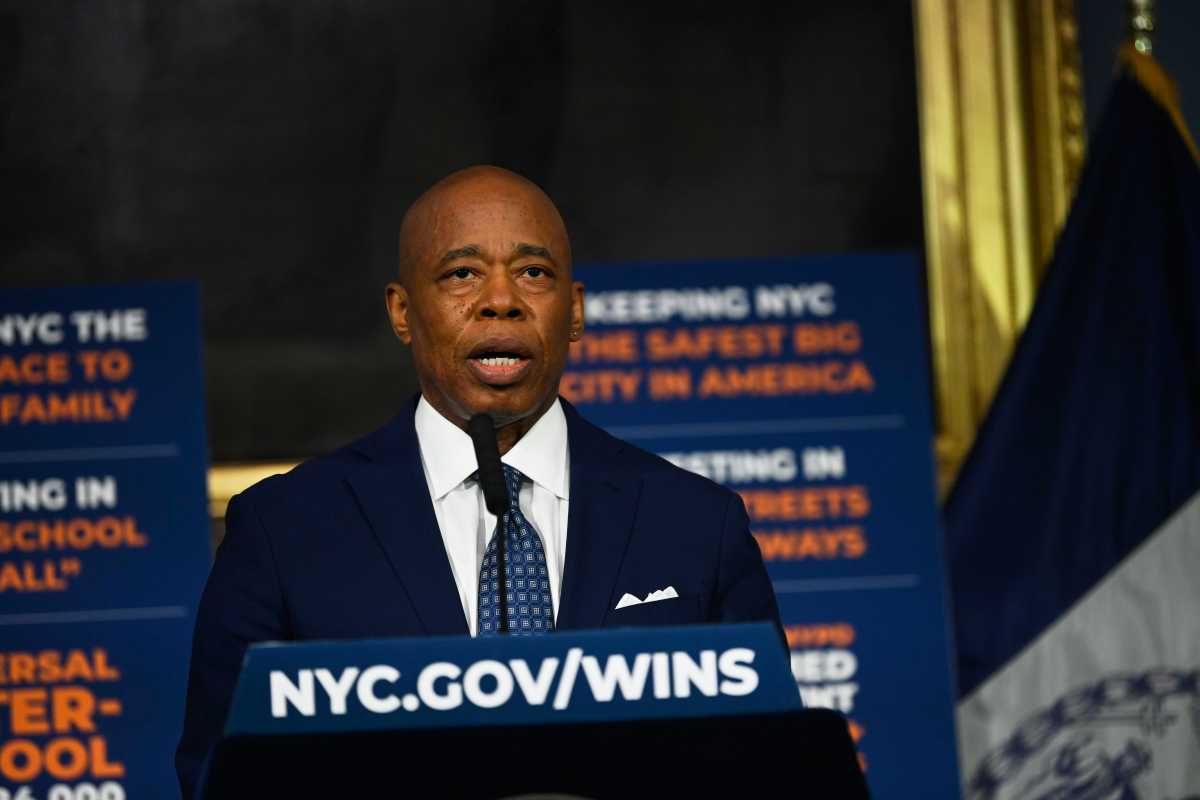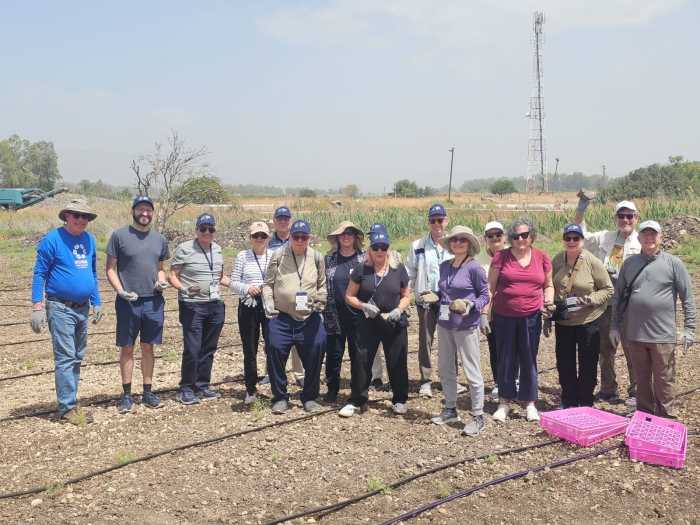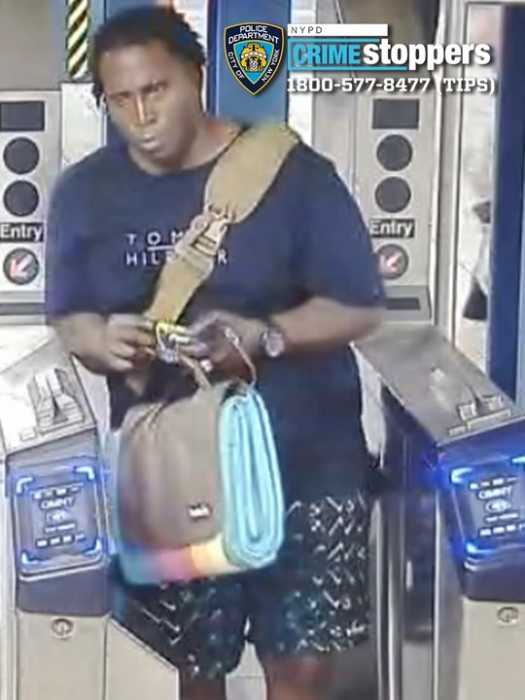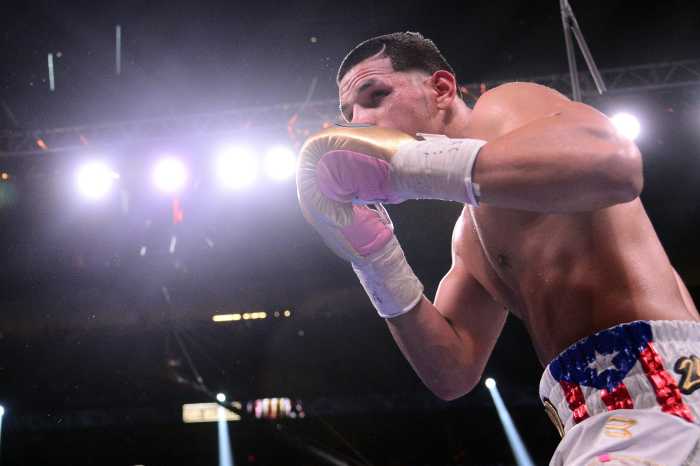By William Lewis
The New Hampshire primary is being compared to the 1948 general election in which Democratic President Harry Truman won a surprising upset victory over Republican New York Gov. Thomas Dewey. During the campaign of 1948 the polls consistently showed Dewey leading. Some of those polls had him leading by double digits, including the Roper Poll, which at the time showed Dewey with a 13-point lead as was the case with the Obama lead. Just before the 1948 election, Newsweek magazine conducted a survey of 50 leading newspaper editors and columnists. All of them indicated that they believed Dewey would win. If a similar survey had been taken prior to the New Hampshire primary, the results probably would have been similar. The news media now and in 1948 that were involved in making these predictions undoubtedly relied too much on poll results to form their conclusions rather than do their own investigative reporting. In 1948 not enough emphasis was given to the undecided vote as was also the case recently in New Hampshire when a large undecided vote swayed the final result in favor of Hillary Clinton. It also seems that Clinton's support overall was less subject to last-minute change than was Obama's support.Another all-important factor that pertains to all elections is the effectiveness of grassroots field operations, including the phone bank, distributing campaign literature and visiting the residences of potential voters. In 1948 Truman had the support the of the AFL-CIO labor unions, which provided increased assistance by a large number of campaign field workers. This year in New Hampshire it was the Clinton campaign that put together a large and well-organized group of volunteers who had been continually canvassing and contacting registered Democratic and independent voters. The Clinton camp indicated that they had 4,000 volunteers for that purpose. The aggressive Clinton campaign influenced undecided voters. Obama also had a good field operation but the Clinton operation was more comprehensive. Of course, there were differences in the 1948 election and the recent New Hampshire primary. In the presidential election of 1948, there was a very low turnout compared to New Hampshire's having a very large turnout. There is some speculation that the two Democratic frontrunners could continue this contest up until convention time which could lead to a convention floor fight to decide who will be the nominee of the Democratic party. It should be noted that not since 1952 has either of our two major political parties had more than one ballot of the convention delegates to decide the presidential nominees. During the last 25 years, conventions have become well-planned and organized productions that have tried to minimize intra-party discord and controversies. However, judging by the beginning of the nominating process so far, we will be seeing a lot of surprising political developments before the November general election. In the Michigan primary Mitt Romney made a strong comeback over John McCain by waging an aggressive campaign focusing on economic issues. Of all the Republican presidential candidates, Romney seems to have the most financial resources and the largest campaign organization, although the Republican race between Romney, McCain and Mike Huckabee is becoming very competitive.Romney has spent a good portion of his life in politics since his father was a three-term governor of Michigan in addition to being a presidential candidate in 1968. Therefore, he has considerable background in politics having been active in his father's campaigns. McCain has the experience of having run for president eight years ago when he waged a credible campaign against President George Bush for the Republican nomination. Governor Huckabee has his Southern base and support from evangelicals as the Iowa caucus showed. Romney and McCain made strong comebacks after their campaigns had experienced downturns. There is a question as to whether Rudy Giuliani can stage a comeback after doing so poorly in the early primaries. The primary system of choosing party candidates was adopted to give the American people a direct voice in the process. That voice continues to be heard as we proceed with the enthusiastic and uncertain election of 2008.



































